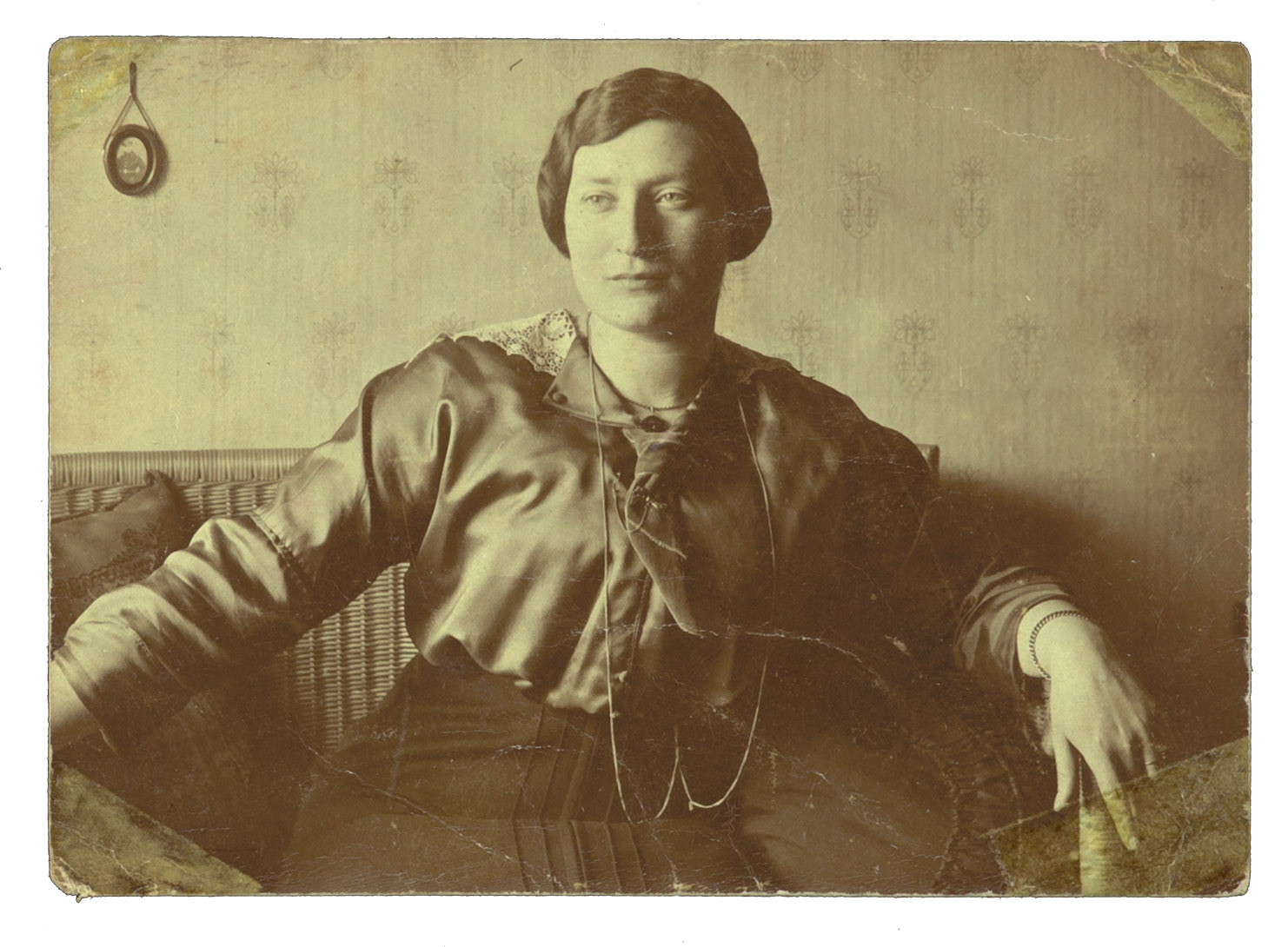
IHRA Grant recipient #FakeImages to open
Having been closed during Belgium’s second lockdown, the memorial site, museum, and research center Kazerne Dossin is now preparing to open the doors to its brand new exhibition, #FakeImages.
Stereotypes and conspiracy theories against Jews, Roma, migrants, LGBTQIA+ or other groups are not new. During World War II, antisemitic propaganda made clever use of stereotyping and conspiracy thinking. This propaganda foreshadowed a genocide of unseen proportions. The exhibition #FakeImages, a 2020 IHRA Grant project, exposes how this kind of imaging works.

Photo: The exhibition #FakeImages at the Kazerne Dossion in Mechelen, Belgium will open to the public on 28 January.
The exhibition includes a historical and a topical section. Forming the basis of the historical section of the exhibition is the collection of Arthur Langerman, a Belgian Holocaust survivor who has been collecting antisemitic drawings, posters and objects for more than 50 years. #FakeImages shows antisemitic images as they were made and shown throughout the centuries, and the exhibition focuses on propaganda before and during the Second World War.
In the related topical section, the visitor is confronted with four interactive set-ups with current examples of timeless mechanisms such as stereotyping, prejudice, racism, deception, and humor.
An all-digital opening will take place in the evening on January 27, and in-person visits to the exhibition will be possible from January 28.
#FakeImages – an IHRA Grant recipient
Funded in part by the IHRA Grant program, the #FakeImages exhibition represents an important contribution to countering distortion. Projects from institutions which focus on safeguarding the record or countering distortion of the Holocaust and the genocide of Roma are welcome to apply for an IHRA Grant.
The deadline for registering applications for an IHRA Grant is 22 January 2021.
Sign up to our newsletter to
receive the latest updates
By signing up to the IHRA newsletter, you agree to our Privacy Policy



